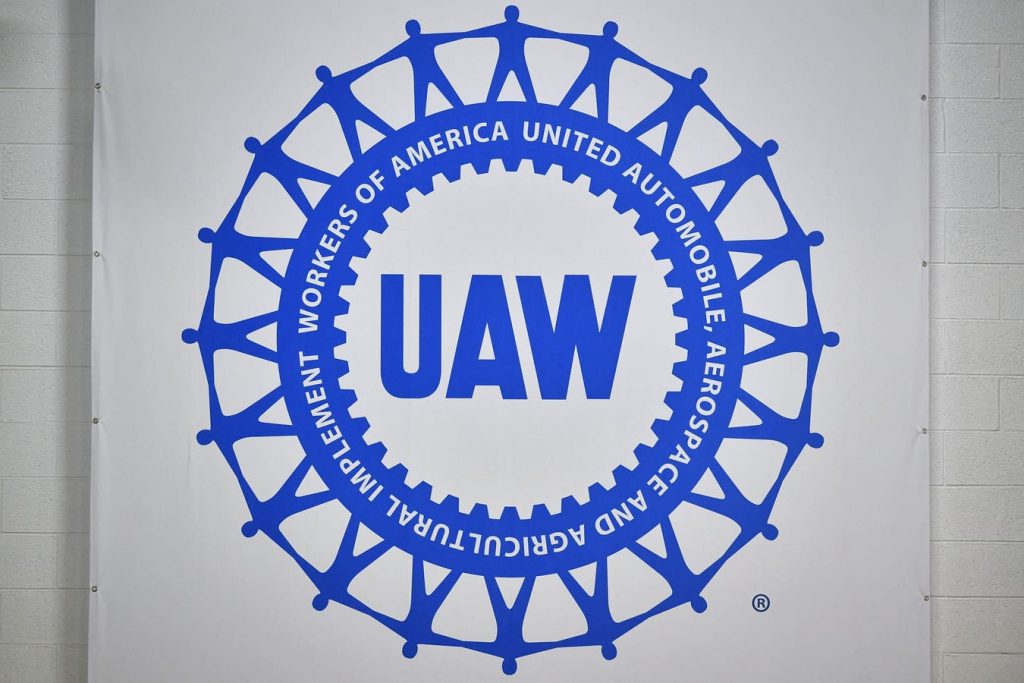United Auto Workers members at General Motors Co., Ford Motor Co. and Stellantis ratified four-and-a-half-year labor contracts, the union announced Monday on social media.
The vote across all three companies was 64% in favor, according to the Detroit-based union in a post on X, formerly Twitter.
The new contracts call for a 25% boost in wages and the return of cost-of-living adjustments, among other gains for union members. The results came after concessions going back to the 2000s when GM and Chrysler (now part of Stellantis) filed for Chapter 11 bankruptcy and were bailed out by the U.S. government.
The new contracts will run through the end of April 2028. Since 1999, the UAW has had four-year contracts at the Detroit automakers.
“The members have spoken,” UAW President Shawn Fain said in another post on X. “After years of cutbacks, months of our Stand Up campaign, and weeks on the picket line, we have turned the tide for the American autoworker.”
Under Fain, the UAW simultaneously struck some plants at each of the Big Three automakers. Over time, it added the most profitable factories of the companies to the operations affected by walkouts. Previously, the union would conduct a strike at one company at a time.
The term “Stand Up” strike referred to the sit-down strike that the UAW conducted in the 1930s to be recognized by GM. The major Detroit automakers all agreed to recognize the union by the early 1940s.
Fain implemented a more aggressive negotiating stance. Besides conducting simultaneous walkouts at the companies, the union chief criticized the automakers. At one point, Fain wore a T-shirt reading, “Eat the Rich.” He also dispensed with traditions such as union officials shaking the hands of company representatives at the formal start of negotiations.
For the union, the now-completed talks may be the start. Fain has said the UAW intends to organize U.S. operations of foreign automakers. Previous union organizing efforts at such factories were unsuccessful. Already, companies such as Toyota Motor Corp. have announced pay raises for U.S. production workers.
“When we return to the bargaining table” in 2028, “it won’t just be with the Big Three but with Big Five or Big Six,” Fain said on Oct. 28.
Read the full article here










